Securing your Applications in Node.js - Part 1/3
Javascript is here to stay! And the server-side Node.js project is no different 💚.
This year marks the 12th (Dec 4, 2009) anniversary of the birth of Node.js, and although it may seem incredible, Javascript has been around for 25 years and the web respectively 32 years. If you want to know a little more about the history of this fantastic technology, you can learn the short story at [Nodejs.dev] https://nodejs.dev/learn/a-brief-history-of-nodejs/
The ecosystem of Node.js is mature and supported by an active community of library developers and authors. Being so popular, it also becomes an exciting challenge for crackers. In the 2021 Stackoverflow survey, we find that nearly 33% of developers out of 83,052 collected responses use Node.js.
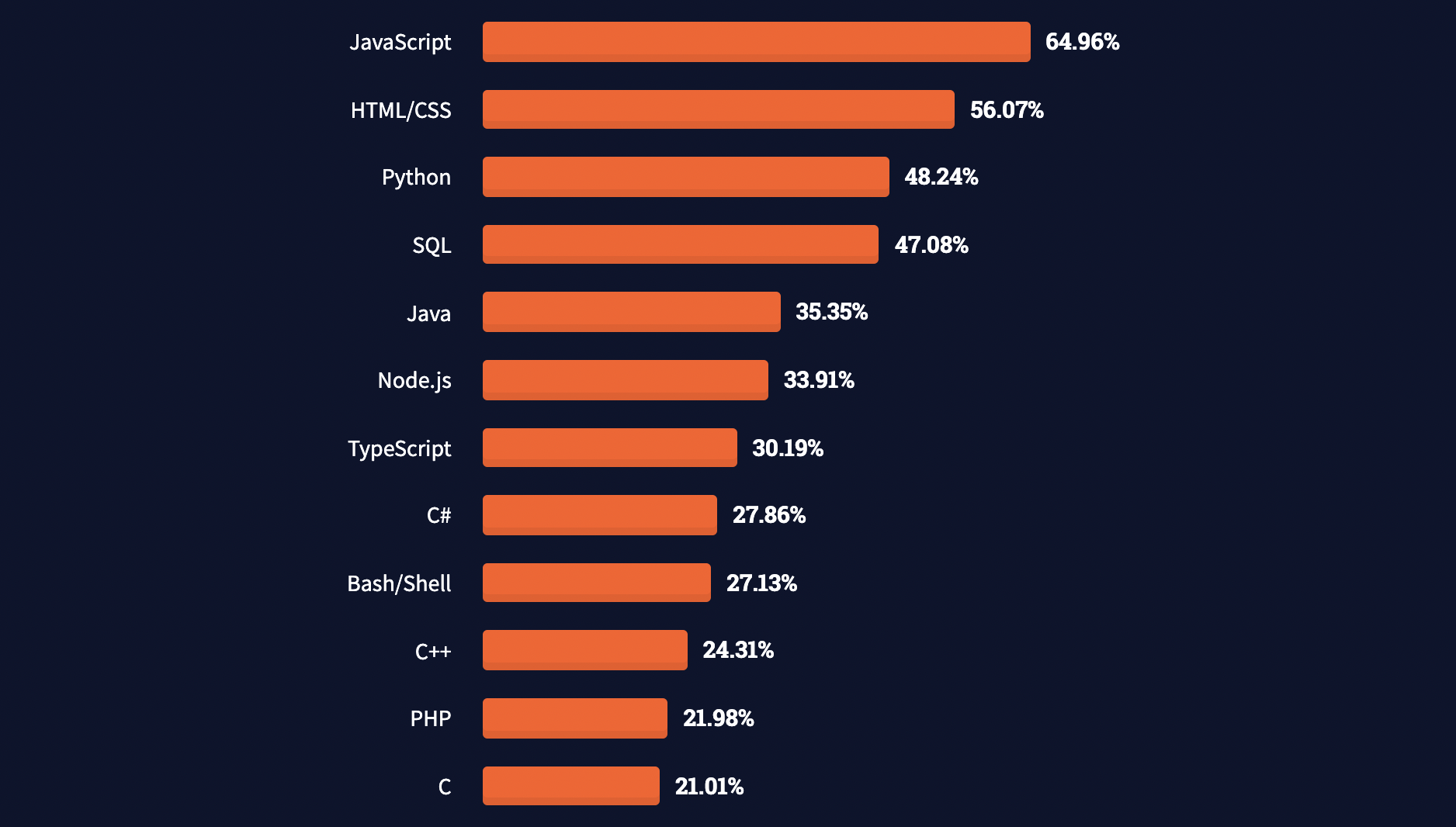
https://insights.stackoverflow.com/survey/2021#technology-most-popular-technologies
This article aims to establish a Node.js security roadmap by addressing security challenges comprehensively and consistently for large infrastructures.
But before moving forward, we can clarify a few foundations about Node.js, security in general regardless of a specific language, good software development practices, and finally, specifical security in the field of Node.js.
This is a 1-part blog series about Security in Node.js. Let’s begin! 🚀
About Node.js
The javascript runtime environment on the server-side, outside the browser, is Node.js; developing applications on top of Node.js has additional benefits in development because the basis is Javascript for both the back-end and the front-end.
Other fun facts to keep in mind about Node.js:
- Primarily used as a back-end server for web applications.
- In the world of microservices, you can find it pretty much everywhere.
- One of the advantages of Node.js is the ability to install additional modules.
Node.js is a tremendously fast and high-quality Virtual Machine written by people like Lars Bak, one of the best engineers in the world specializing in VMs (Virtual Machines). Let's not forget that V8 is constantly updated and is one of the fastest interpreters that can exist today for any dynamic language. In addition, Node.js capabilities for I / O (Input / Output) are light and powerful, giving the developer the ability to utilize the I / O of the system entirely. Node supports TCP, DNS, and HTTP protocols. One of the strengths of Node.js is its ability to keep many connections open and on hold.
Some applications that Node.js is widely used for are:
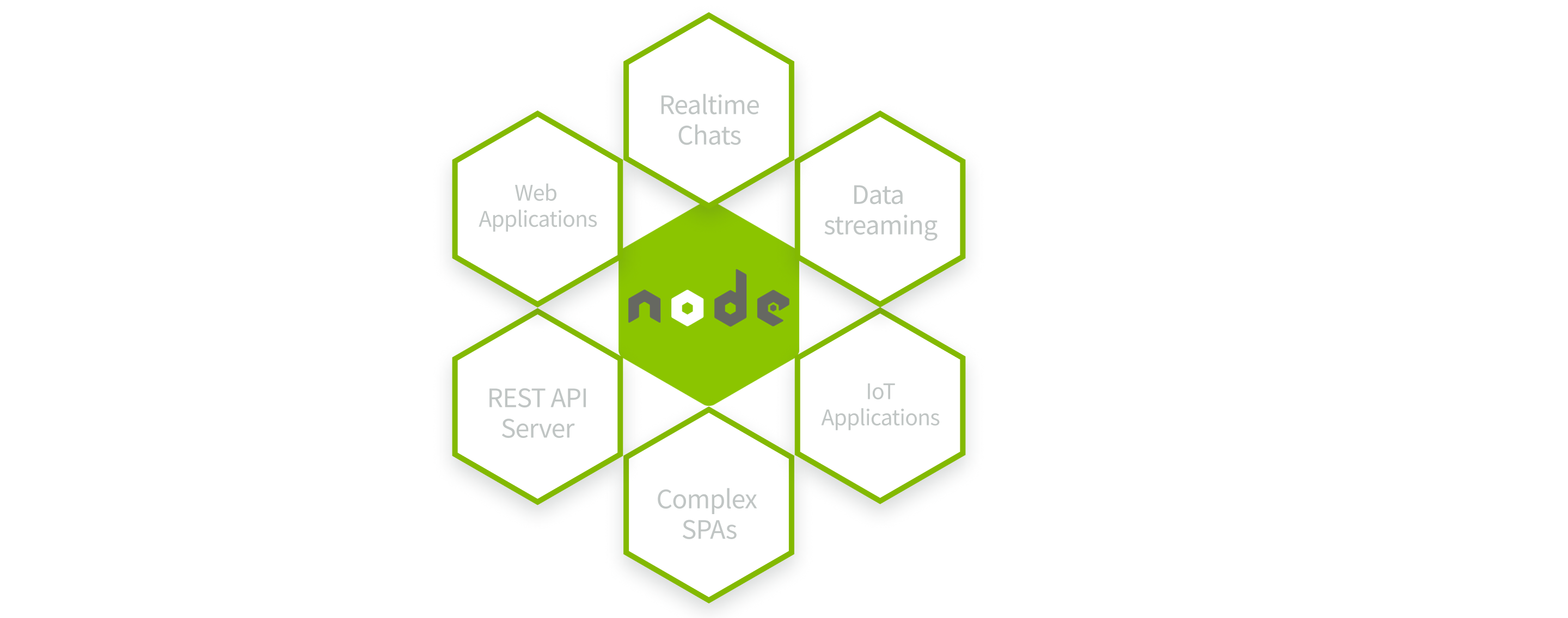
So if we choose Node.js as our core technology, and we are sure that it is the correct one with great benefit, how can we take the appropriate security measures to develop our application? and the answer may be 'NO.' Still, it is something that we can work on! 💪
What does NodeSource do?
In the words of Giovanny Gongora, former ex-Nodesource, on an interview for SafetyDetectives:
We create software for monitoring Node.js applications, N|Solid. We provide profound analysis and metrics about what your processes are doing. At the same time, we integrate NCM into our main product line, so you can see the vulnerabilities inside your code and get a few code static analyses.
We provide metrics, secure information, and insights from your Node.js applications. We manage to get those metrics with minimal performance hits puts us in the lead. That's the main difference. N|Solid is evolving into a more complex and data-driven tool that provides accurate and top-notch information in production systems.
Read the full interview here: Safety Detectives
Understanding How Node.js Works
When we use Node.js quickly, we have to install new modules (libraries) since Node, a strongly modular system, comes practically empty. So for most of the operations, we will have to install additional modules. This operation is done quickly with the npm (Node Package Manager) tool.
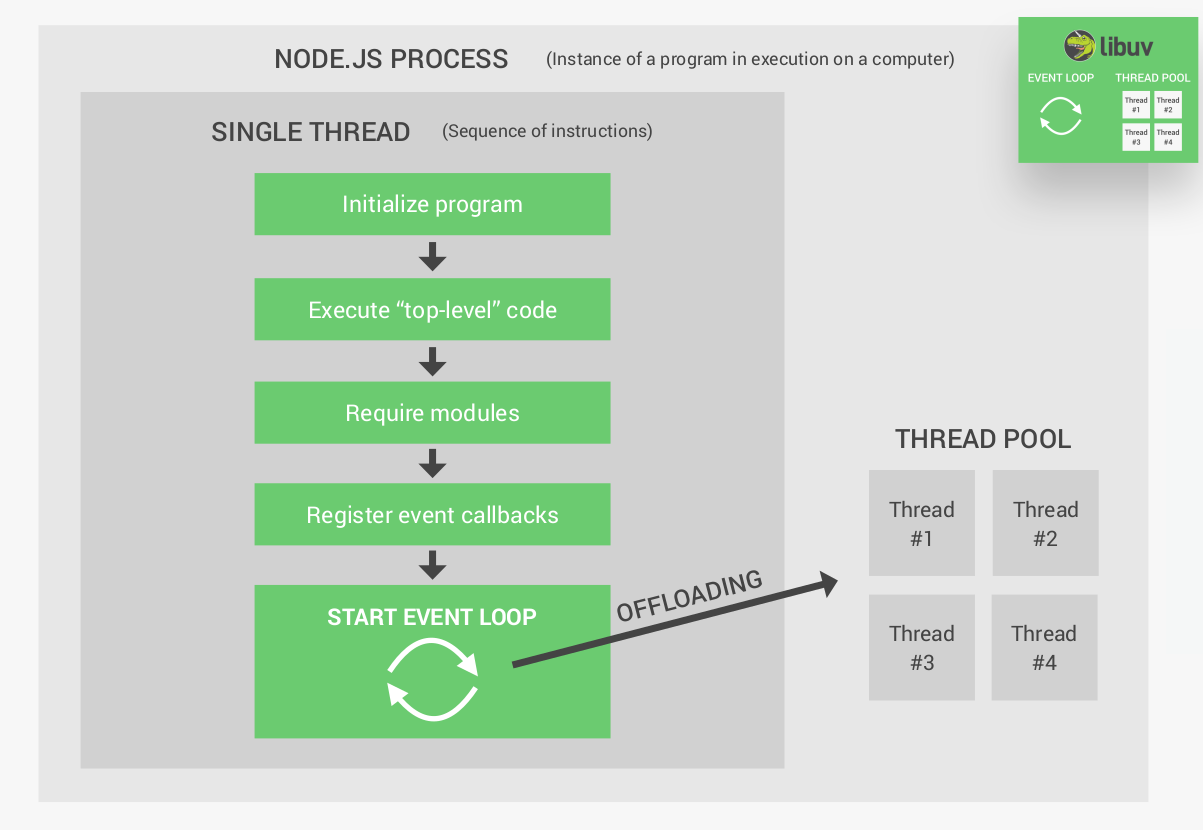
From its acronym, NPM (Node Package Manager) is a package manager developed entirely under the JavaScript language by Isaac Schlueter; through NPM, we can obtain any library with just a simple line of code, which will allow us to add dependencies of Only, distribute packages and effectively manage both the modules and the project to be developed in general. You will also create your own packages and share them with the entire community.
npm is not the only Node's package manager; there is also yarn, which is an alternative presented by Facebook, whose main advantage is the download speed of the packages
In NPM website, you will find the list of resources that you can implement in your projects, from open source libraries to large projects. As a developer, you must read the dependencies that you will integrate into your projects. With this information, you will find out if there is a maintenance of the implementation. Something important to note is that you can get a premium npm and get special features if you pay for it.
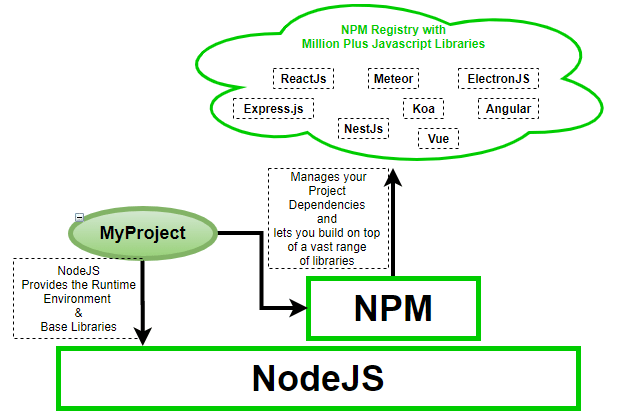
spectrumstutz.com (2021) - https://nsrc.io/2XJB8od
Now, Understanding How N|Solid Works
NodeSource has an application performance monitoring platform called N|Solid. Instead of creating an NPM package, we recompile the Node.js project adding functionality right to the heart of the platform, providing even more speed and application security.
N|Solid grows and improves constantly, so we continually launch new functionalities that further enrich our product. Key highlights in the N|Solid V4.6.0. release where:
- New Applications dashboard
- HTTP & DNS Tracing
- CPU and Memory Anomaly detection
You can check all the new features here: https://nodesource.com/blog/Amazing-new-features-in-NSolid-V4.6.0.
Additionally, we release LTS Gallium support for N|Solid in N|Solid v4.6.2, which contains the following changes:
- Rebase of N|Solid on Node.js v16.13.0 (LTS). This version of Node.js contains the following changes (see here for more details).
- There are three available LTS Node.js versions for you to use with N|Solid, Node.js 16 Gallium, Node.js 14 Fermium, and Node.js 12 Erbium.
For detailed information, you can check this blog post
Finally, in our most recent release, we launched an incredible tool to compare the main APM's present in the market, making an effort to check our performance in production.
Do you know the monitoring platforms (APM's -Application Performance Management) NewRelic, DynaTrace, and Datadog?
Because NodeSource has "its own version" of Node.js, N|Solid manages to be more performative than competitors to monitor and inspect what is going on internally on the platform. And we have a way to check it with data; if you want to know the tool, this is the perfect opportunity, you can visit: https://benchmark.nodesource.com/
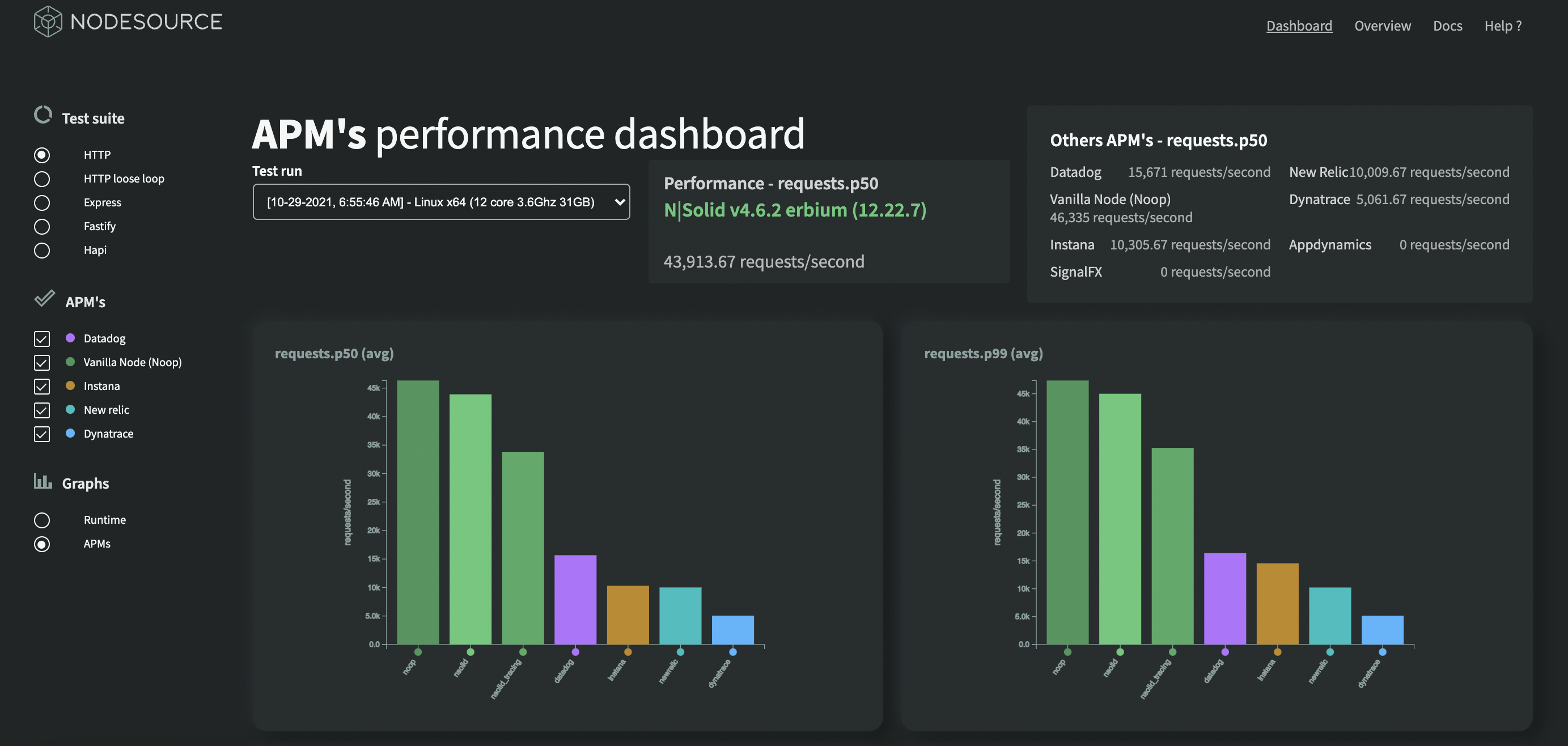
Try N|Solid now!
If you have any questions, please feel free to contact us at info@nodesource.com or in this form
To get the best out of Node.js, try N|Solid SaaS now! #KnowYourNode